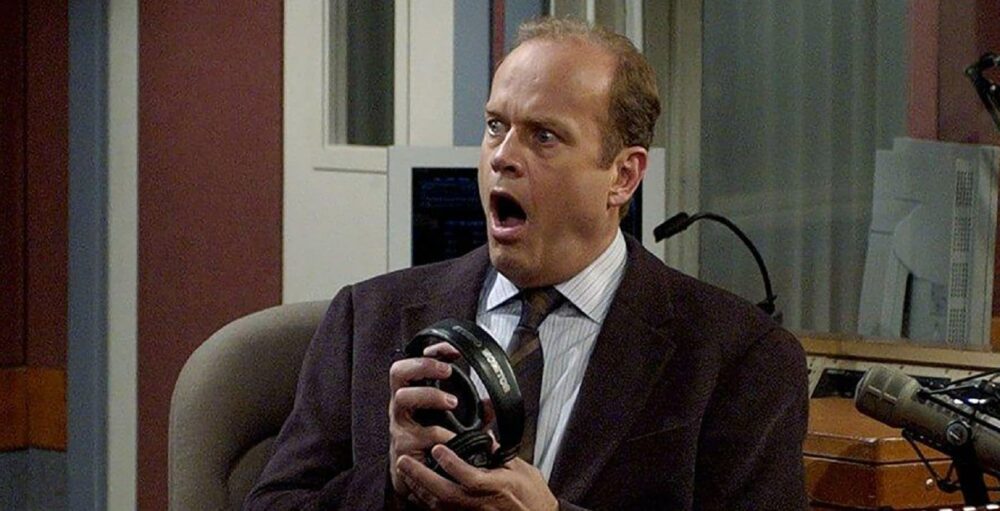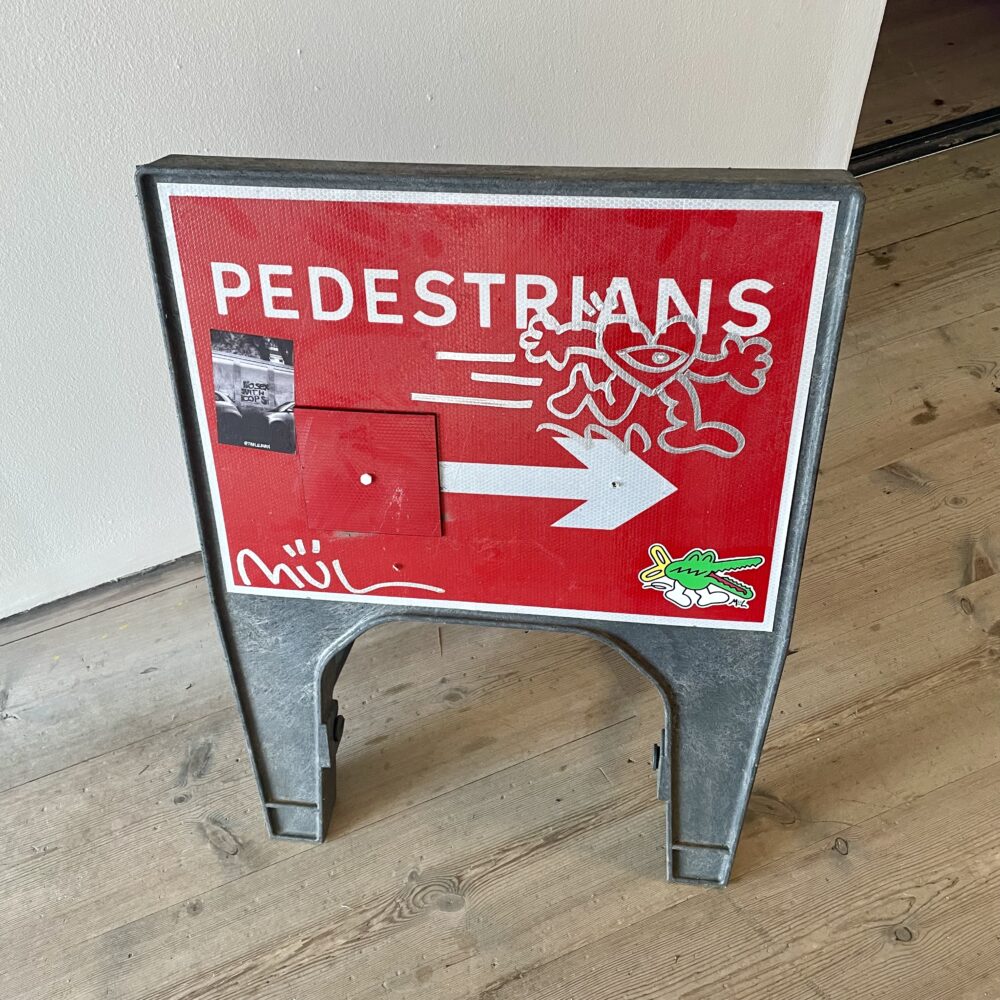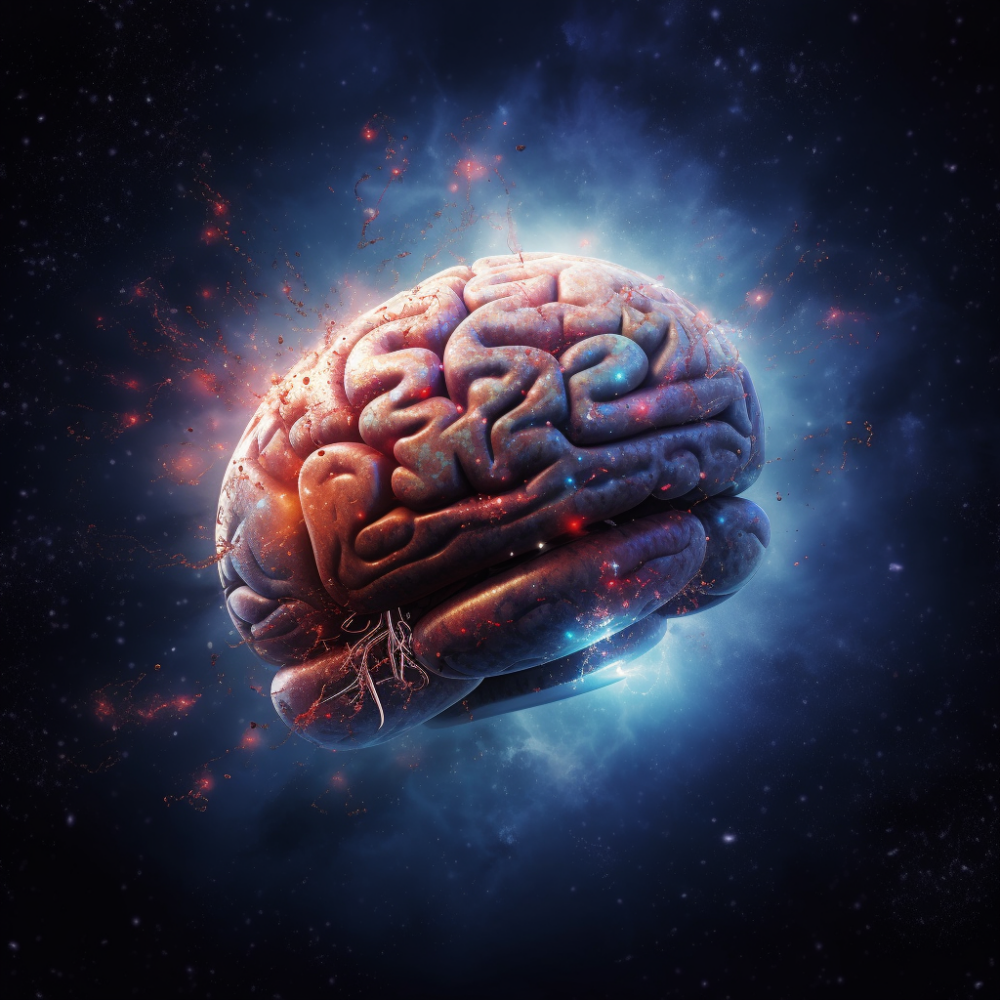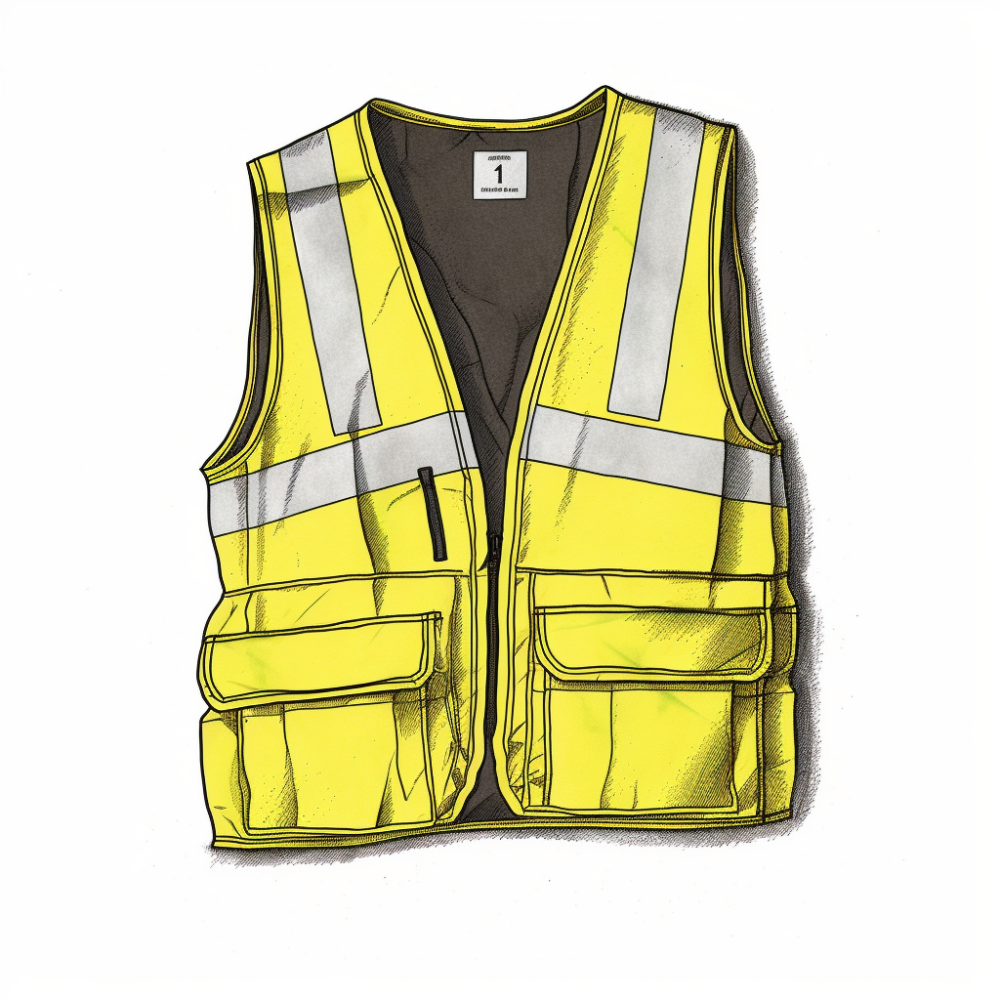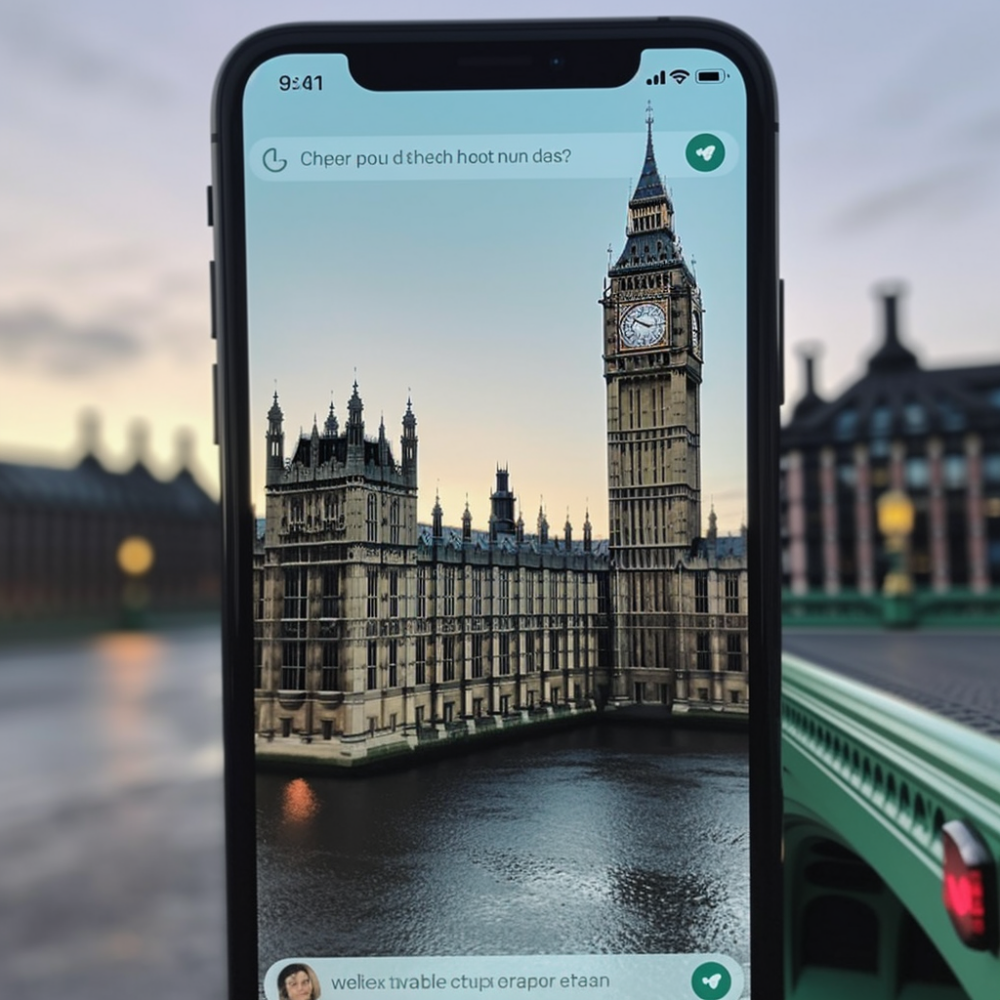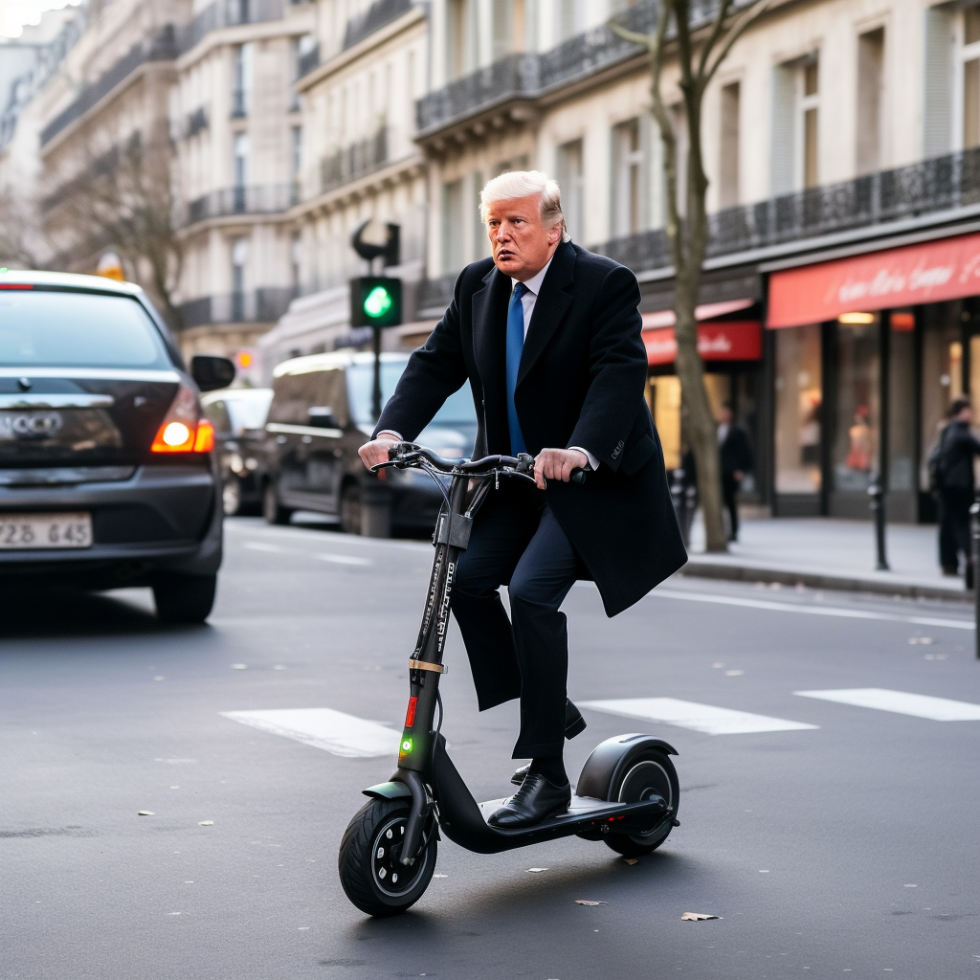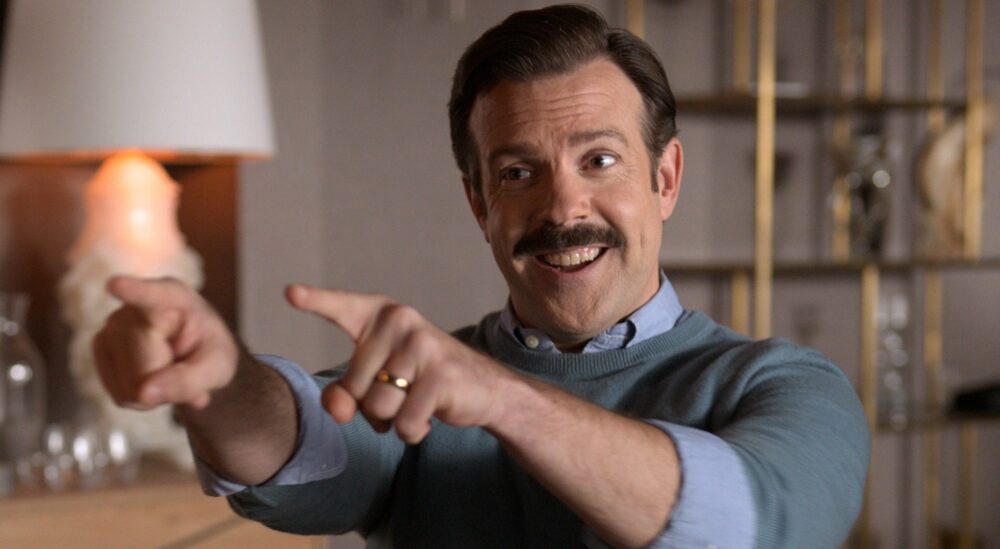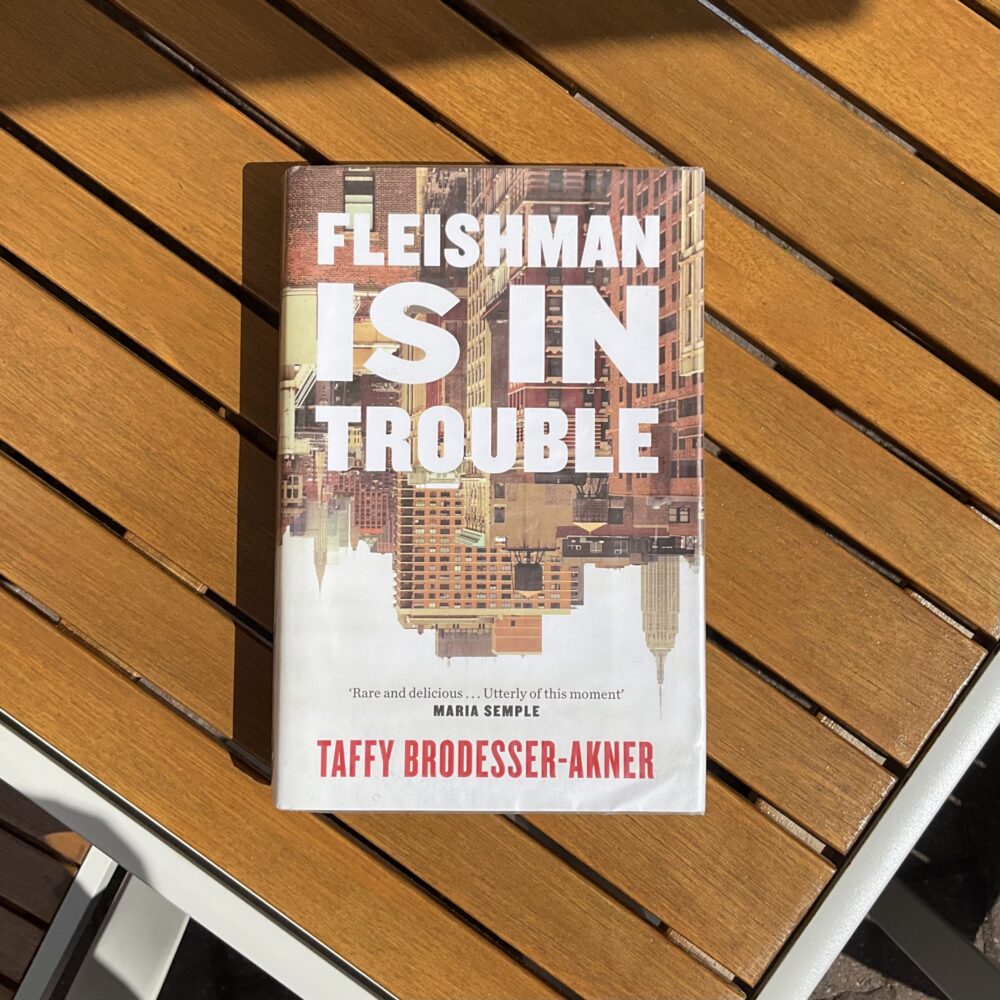This book was a 2019 bestseller, which has since been adapted into a TV series. It’s author, Brodesser-Akner, is a celebrated writer of magazine features.
It took me over a month to plough through this. I didn’t exactly dislike it—it had some sparkling writing, and some great one-liners—but I didn’t feel particularly engaged, nor did I develop any emotional attachment to the characters.
The novel is set in New York, and initially focuses on Toby Fleishman, a hepatologist in his 40s who is estranged from his wife, Rachel. Early one morning, she drops their two kids off with him, and then disappears from their life.
The novel is oddly structured. The narration for the greater part of the book is told from Toby’s perspective, but by a named third-party narrator, Libby. Later in the book, Libby also narrates from Rachel’s perspective, and from her own perspective. This doesn’t seem to add much, but does make things unnecessarily confusing at times.
I didn’t really find myself drawn into this book. Unusually, I am quite interested to see how it translates to television, so I might seek that out at some point. But really, this book just didn’t resonate with me.
A few highlighted passages:
In the park, the beautiful young people—they were all beautiful, even if they weren’t—would be lying out on blankets even this early, their heads tilted up toward the sun. Some of them were sleeping. Back when Rachel consented to go on long walks with him, they would make fun of the sleeping people in the park. Not the homeless people, or the strung-out ones. Just the ones who’d made their way over to the park in their sweatpants, laid out their blankets, and pretended that the world was a safe place that only wanted you to be well rested. Neither of them could imagine having so little anxiety that you could fall asleep in the middle of a park in Manhattan; the anxiety was a thing they had in common to the end.
His former intern Sari posted a picture of herself bowling at a school fundraiser with her husband. She’d apparently gotten three strikes. “What a night,” she’d written. Toby had stared at it with the overwhelming desire to write “Enjoy this for now” or “All desire is death.” It was best to stay off Facebook.
He marveled for the millionth time that summer about how a person could be this miserable and bewildered, and this horny and excited, all at the same time. What a piece of work is man.
People who are good don’t need ambition. Success comes and finds them. See? Competence and excellence are rewarded for those who are competent and excellent.
“Marriage is like the board in that old Othello game,” he said as he ate a chicken breast baked dry, no added oil, please. “The board is overwhelmingly full of white discs until someone places enough black discs in enough of the right places to flip all the discs to black. Marriage starts out full of white discs. Even when there are a few black ones on the board, it’s still a white board. You get into a fight? Ultimately fine and something to laugh at in the end, because the Othello board is still white. But when it finally happens and the black discs take over—the affair, the financial impropriety, the boredom, the midlife crisis, whatever it is that ends the marriage—the board becomes black. Now you look at the marriage, even the things that were formerly characterized as good memories, as tainted and rotted from the start: That adorable argument on the honeymoon was actually foreshadowing; the battle over what to name Hannah was my way of denying her the little family she had. Even the purely good memories are now haunted by a sense that I was a fool to allow myself to think that life was good and that a kingdom of happiness was mine.” (I told him I understood his metaphor, but also that’s not how you play Othello.)
Toby left the room and found his fellows right outside the door, waiting for him. “What is wrong with you all?” he asked. They looked surprised.
“Dr. Fleishman?” Logan asked. Joanie and Clay looked at each other.
“You were making notes while that man was crying.” Toby began walking and they followed, but then he stopped and turned to face them. “You have to look these people in the eye. This isn’t organs. This is people.” He kept walking and arrived at his office. “The people who come to you—they’re not here for checkups. By the time they get to you, they know something is wrong. They’re sick. They’re afraid. Do you know how scary it is for a body you’ve had your whole life to suddenly turn on you? For the system you relied on to just break down like that? Can you just close your eyes and try to think what that might feel like?” He was filled with disgust for the three of them and the way they looked bewildered. “Maybe you should all go into surgery if you hate people who are awake so much.” He walked into his office and before he closed his glass door, he said, “I’m very disappointed.”
“It seems so clear to me,” she’d said, “that the ocean would rather you didn’t surf on it. If it wanted you, it would give you a more sustained wave.”
“I think that’s the point,” he’d said. They were sitting on the bench on their balcony, she upright and he lying down, his legs crossed over her lap.
I’m grateful to Newcastle City Library for lending me their copy of this book to read.
